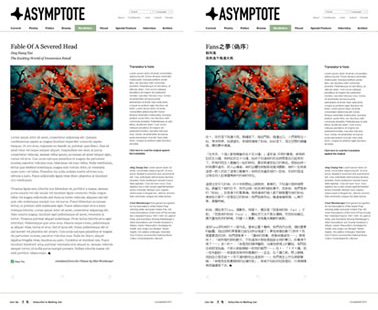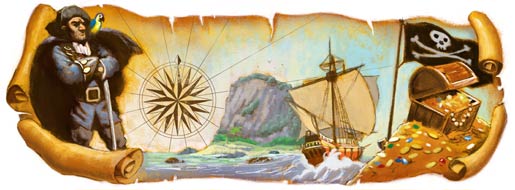
I chose it over Victoire: My Mother's Mother, which came out this year, because that's a family memoir just like Mr Potter, and anyway the first few pages of Celanire pretty much grab you by the throat.
I'd read about it on the Net before: it's inspired by a piece of news the author heard in her childhood, about the discovery of an infant with her throat slashed in the street: how she decided to take this horrific news and turn it into an almost burlesque thriller, by no means denying the oppression of Afro-Caribbean history but also venturing into the realms of aristocracy and early 20th century international travel: there's episodes that take place on Côte D'Ivoire and Montserrat and French Guiana and Peru as well as Guadeloupe. (Paralleling Condé's own international meanderings, may I add.)
And oh, what a wonder of a character Celanire is - yes, she evokes pity as the sacrificed infant, and she grows up to be a brilliant and beautiful (and bisexual!) educated and enlightened woman who seduces white fascist Governors and reduces them to Africanist opium sots; plus she has utterly contemporary ideas about liberated sexuality and women's education and infibulation bans. (Even quotes that Klingon saying about revenge being a dish best served cold.)
But she's also the vehicle for demons: just watch how she executes her revenge and rains down doom on whoever wronged her, however innocuous they may be.
Very much recommended. In other news, my good friend Shelbi only has two books left to go till she completes her reading challenge for the year! Go Shelbi!
Also, I have way too much translation and journalism work I should be doing, so I'd better stop distracting myself. Toodle-oo.
View Around the World in 80 Books in a larger map
Representative quote: In the meantime, Amarante stared at the dark curtain of trees beyond the illuminated podium. Darkness had locked the palace in its grip and would not let go fro some time. Not until throngs of seabirds, messengers of dawn, had begun to flock across the sky. Darling little Celanire, darling little Celanire. That evening she had been revealed to her, and her beauty struck her like the flash of a frigate bird. Svelte yet strong. Good-humoured yet serene. Knowing what she wanted in life and determined to get it. The glow in her eyes betrayed the passion burning deep down. Was it so that they could meet that fate had brought Celanire back to Guadeloupe?
Next book: Jean Rhys's Sleep It Off Lady, from Dominica.






















